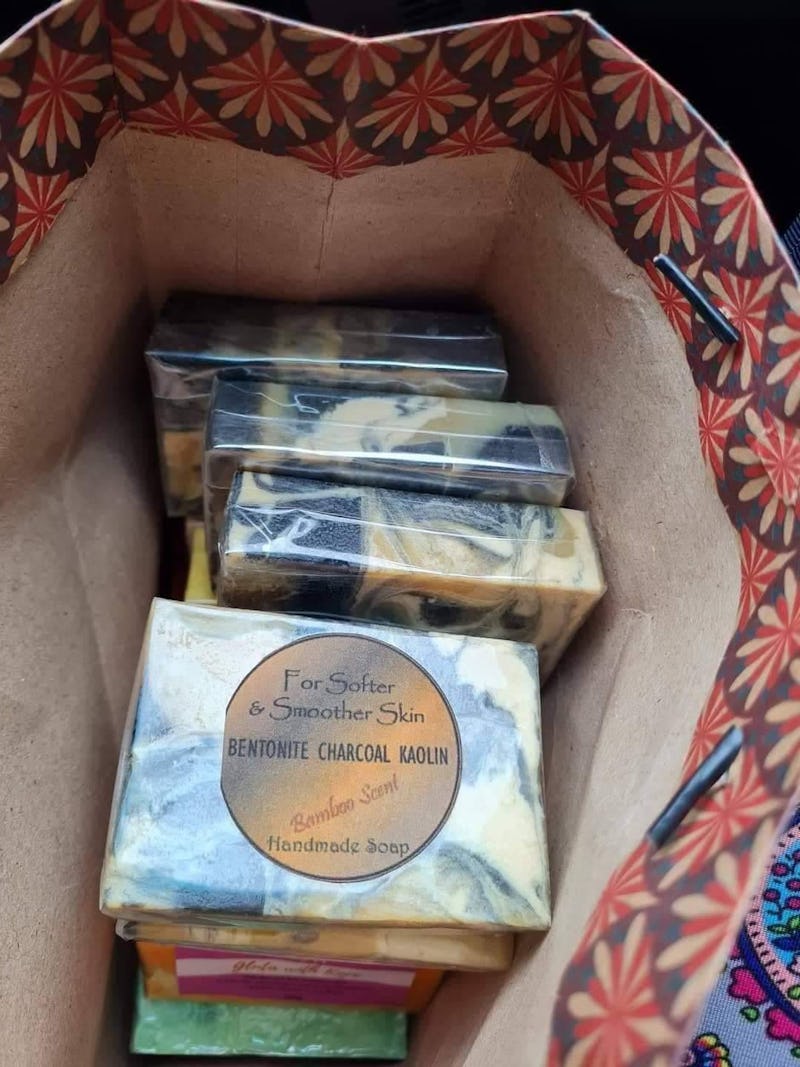With key players already getting a large chunk of the market, how can ecommerce entrepreneurs get a share of the pie? How can you carve your profitable niche in the already-crowded market? These are some tough questions but to really get started with a great niche for ecommerce there are four much more personal questions to ask yourself.
Four tough questions from Espie and Bheng
Espie and Bheng are two friends of mine who found their niche and then quickly found financial success selling online. So I asked them how they did it and from their point of view it comes down to taking a serious look in the mirror, and then at the world around you, and asking yourself these four questions:
What are you passionate about?
Many businesses start out as a hobby or interest. You can tell people about what you love to do, let them try your service or product, and take advantage of a demand that could fuel your entrepreneurial spirit.
What problem can your product or service solve?
Customers like products or services that offer improvements or help alleviate skin care concerns such as acne, sun damage, pigmentation.
Who is most likely going to benefit from your product?
Having a clear idea of your ideal customers will help you craft messaging, branding, and other marketing efforts as if you were speaking directly to them. Make sure you do your research, create a profile of your ideal customers, and create a value proposition tailored for them.
Are you trying to be everything to be everyone?
Espie and Bheng think Seth Godin's line, “When you speak to everyone, you speak to no one,” makes a lot of sense for small-to-medium sized or start-up businesses seeking to strategically make the most out of their resources, time, and budgets.
If you are starting your online business, finding an underserved niche, or a specialized segment of a bigger market lets you focus on a particular audience with unique requirements and establishes your credibility as a “specialist” in that area.
Let's take a look at how Espie and Bheng did it...
The beauty and personal care niche
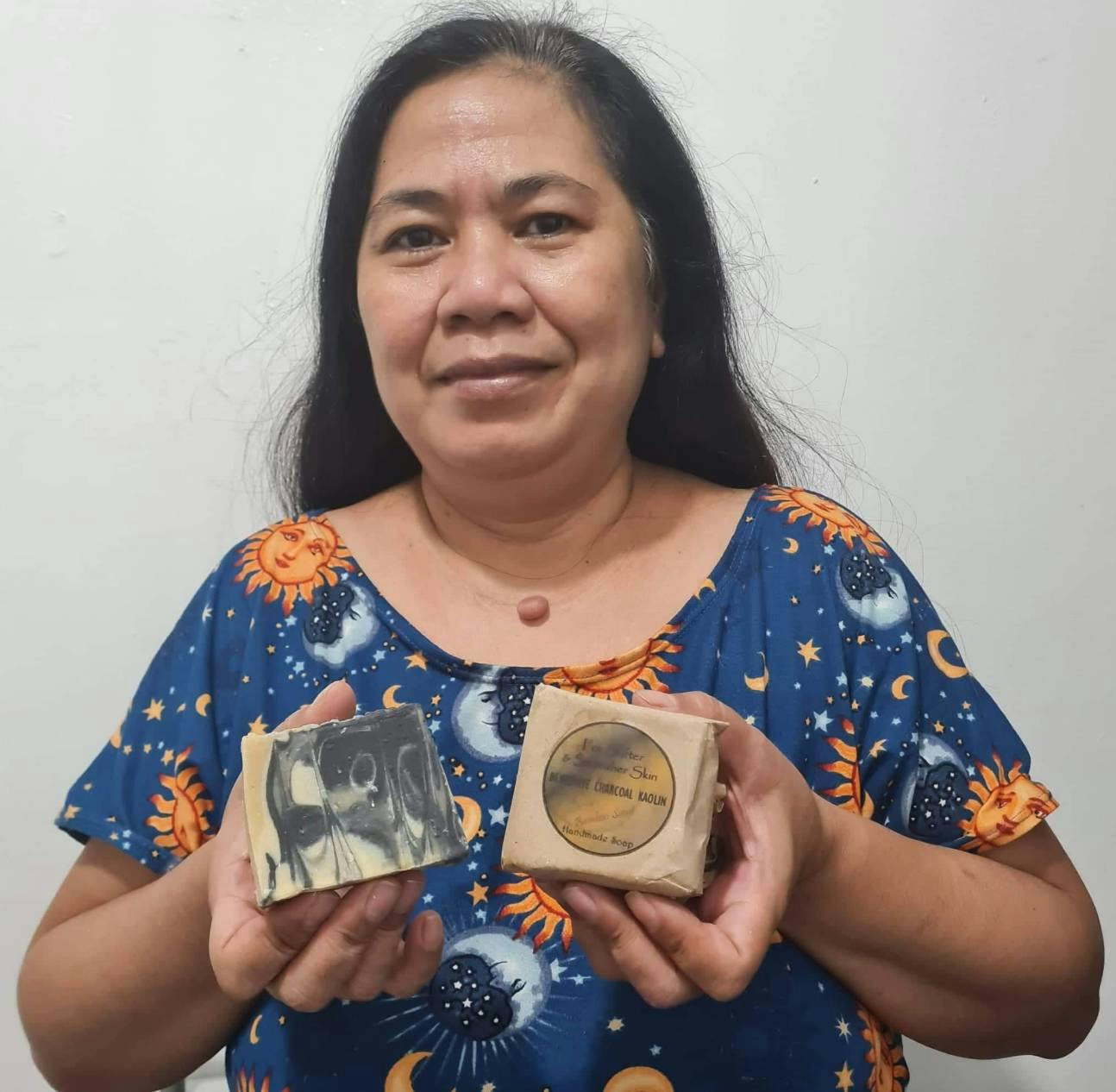
Brand/Owner: Mommy E’s/Espie De Villa
Product/Service: Maker & Seller (Retail): Cosmetics, hair & skin care products, home cleaning products
Online platform: Mommy E’s Facebook
A quick look at the global numbers for beauty and personal care market shows us that it's growing quickly. Valued at $3.3 billion in 2018, it is projected to reach $4.6 billion by 2026, with online stores driving its continuous growth.
While global projections are inspirational (and a bit mindboggling), local level motivations for getting into this niche are more down to earth for Espie De Villa, owner and operator of Mommy E’s.
Starting: the key to any ecommerce journey
Espie started her ecommerce journey when she developed a passion for natural ingredients about two years ago. She first became an essential oils enthusiast mainly for herself and her family. She then began exploring other uses of these oils and eventually learned how to make organic soap.
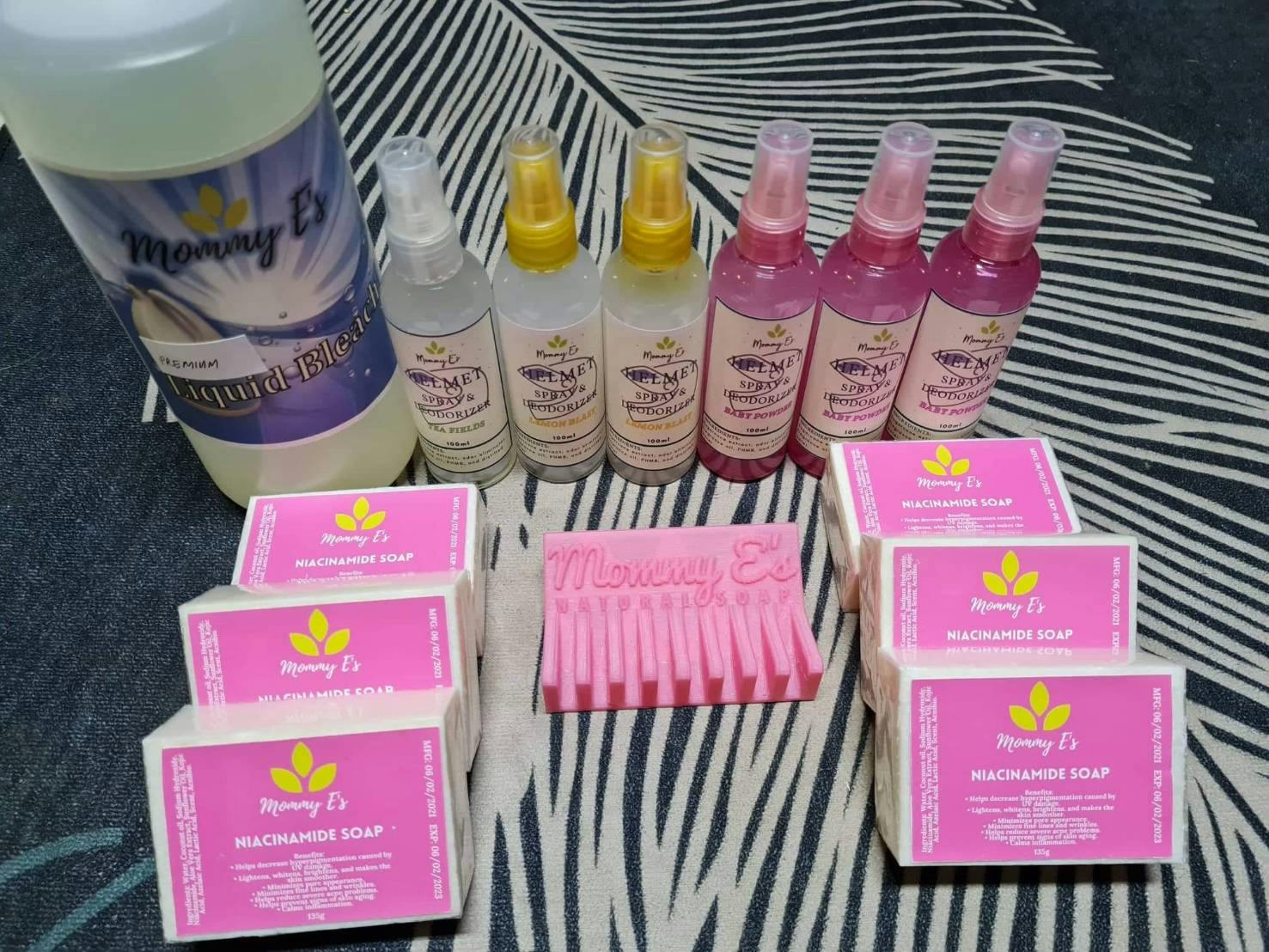
She initially made soap bars with activated charcoal, which she gave to friends to try. One of them had an acne problem and psoriaris, a skin disease causing itchy rashes and scaly patches. The soap helped eased the itching and soon, her skin started clearing up. More people heard about the soap and soon, orders poured in.
“I had no intention of building a business. I only wanted to make natural products for myself and my family, but then, I found out that my products were helping people with their skin problems,” Espie recalled. Mommy E, as Espie is fondly called, decided to turn this into an online business to help more people while also earning extra while at home. The business, which now bears her endearing nickname, has expanded to other products, such as solid shampoo bars.
One customer had seborrheic dermatitis, which is a condition that mainly affects the scalp and causes redness, scaling and dandruff. She tried Mommy E’s shampoo bar made from “gugo,” a popular extract from the bark of a native tree. It relieved the customer’s symptoms and she now regularly buys the shampoo bar.
Moving the operation online
Espie attests to the efficacy of doing business online. “The ease of marketing online helps both me and my customers. They can easily choose the available products, reach out to me through the comments section or by sending me a private message, and give me feedback about my products.
"I do sell other products now, but my great satisfaction comes from these niche products that target specific people with specific needs. Using Facebook as an ecommerce platform has extended my reach. It is convenient and lets me run the business with lower operating costs,” she says.
The art of reselling and loving the preloved niche
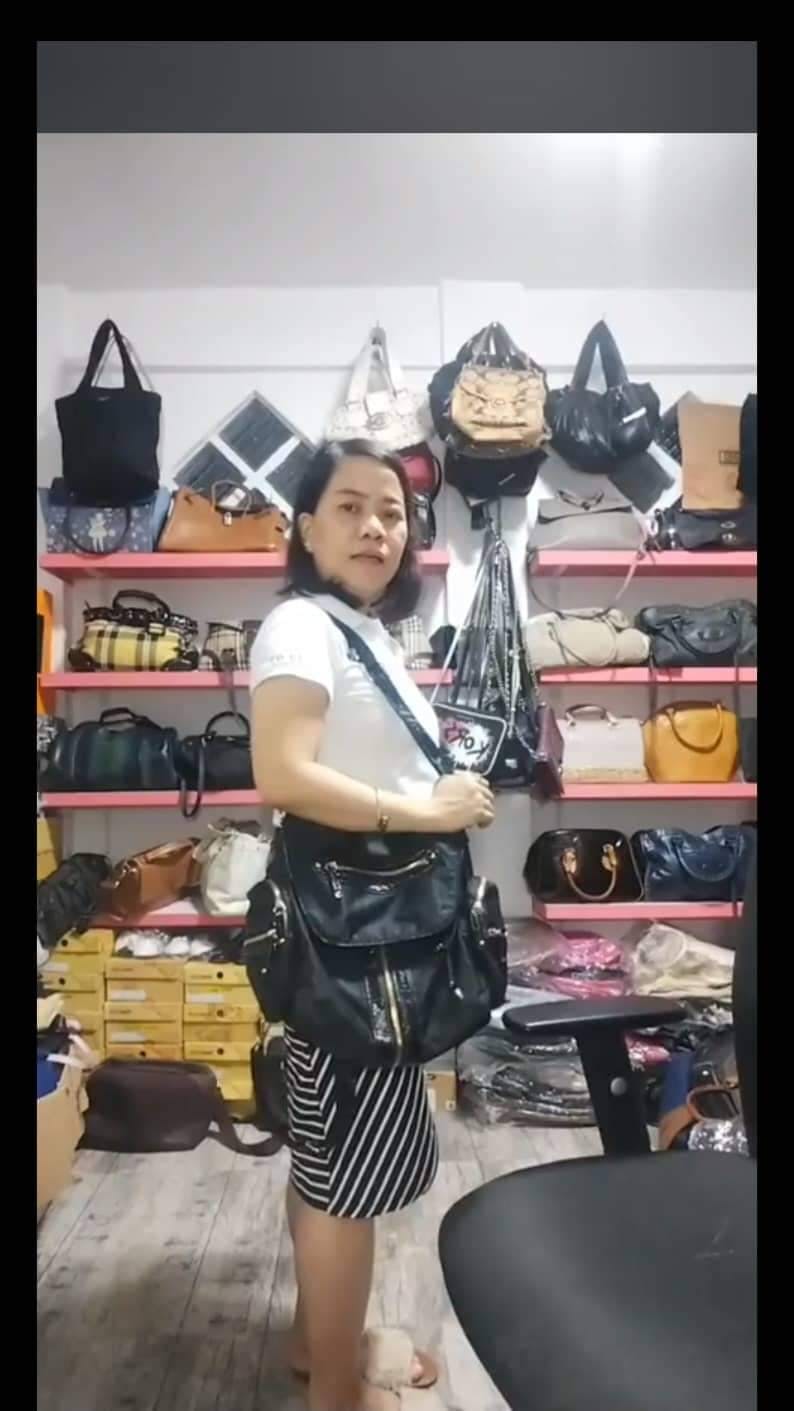
Brand/Owner: Preloved Matters Atbp/Bheng Bue
Product/Service: Reseller: Branded bags
Online platform: Preloved Matters Facebook page, Shopee page
From clothes to shoes and accessories, many Filipinos love buying preloved items. Not everyone can afford authentic designer goods, so the next best thing is to buy them second-hand, or “preloved.” Purchase intentions range from environmental (reducing carbon emissions), financial (affordable options), and even emotional (sentimental attachments to certain brands), or simply getting a luxury fix.
If you are planning to sell pre-owned designer bags online, you can choose an online marketplace or use a social media platform. Some owners also offer consignment arrangements where you can sell bags for a commission.
Bheng Bue owns an online store called “Preloved Matters.” She sells other pre-owned items, but she is best known for her preloved branded bags.
How Bheng began
What started her in the business was her own desire to buy a certain brand bag two years ago. She browsed through the online preloved marketplace, found one she liked, and bought it. When it arrived, though, she realized it was not a good fit for her, considering the bag size compared to her height and build. She planned to give it away, but decided to try selling it.
She found one buyer who was very ecstatic upon receiving it. The buyer claimed it was the brand and make she had been looking for and it was the perfect addition to her collection.
The satisfaction of matching the bag to its rightful owner encouraged Bheng to try selling other bags. She joined groups to search for bulk suppliers as well as owners who wanted to resell.
Next step, live selling
Today, she sells preloved bags through a live streaming platform. “I love this platform because I can show every angle of the bags to my audience. I can talk about them and educate my audience about some brands that are not that popular here but have really good craftsmanship. I’m also happy to interact with my audience through Live chat,” Bheng said.
While Bheng offers bags from multiple brands, she said the market for Korean and Japanese brands is growing. She is keen to know her buyer’s preferences and strives to sell bags that are not usually available in malls. According to her, “During a live selling episode, they can see numerous bags on display. They can then just tell me to flex or feature what they want. Over the years, I have come to know more about my regular customers’ preferences, and that lets me choose what items to sell more wisely.”
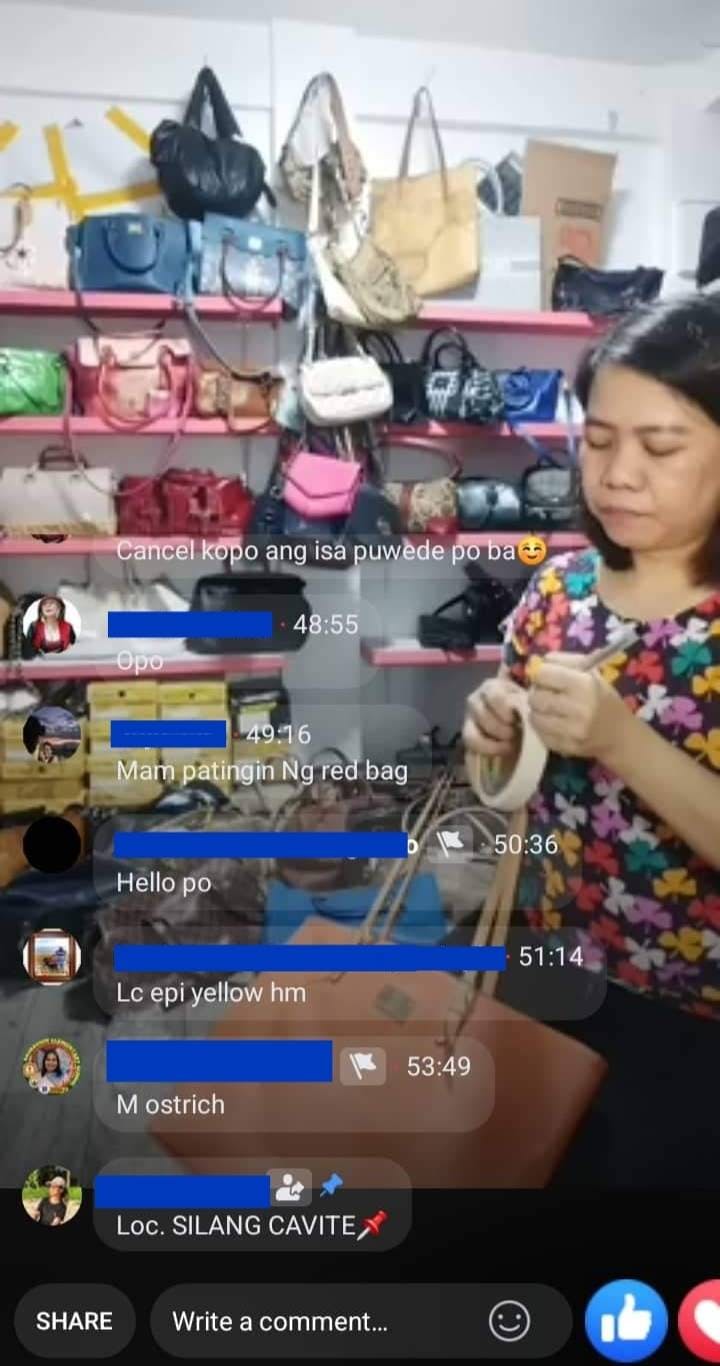
Credibility is also important, as it builds trust. “Through these live selling episodes, I can show my audience the real deal about the bags. Mere photos may be edited to make preloved items look better than they really are. By going live, I can let customers know exactly what they are buying and they can then can fairly judge if the price is worth it.”
You’ve built a niche. Now what?
Selling on established online platforms is a great start. Operational costs are low and there is wide market exposure. If you have already chosen or built a niche, personalization is a path to consider if you want to level up.
How to stand out
Due to the abundance of sellers, it is important to stand out. Here are some tips from Espie and Bheng:
Get a good brand logo
Both ladies have nice looking, thoughtful logos to differentiate themselves.
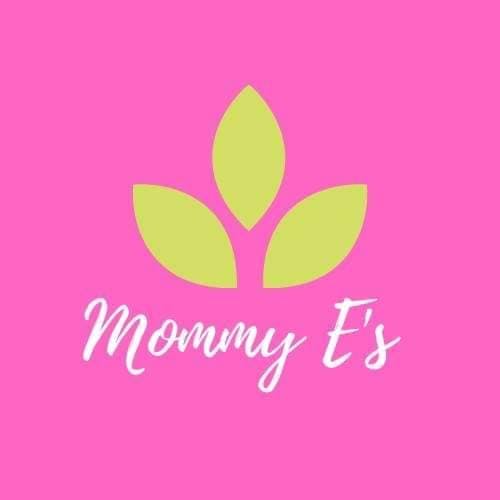
Espie went with the natural/personalized feel of a flower symbol plus the signature-like font for her brand name. Totally works!
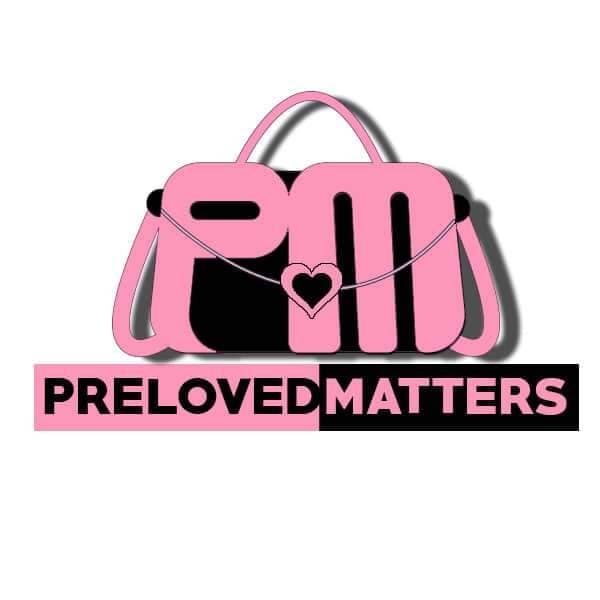
Bheng went with the logographic approach, turning the initials of her brand name into an image of a bag, and even adding some bling imagery in there. Also very tasteful and well-executed.
Be credible
Know how and where to authenticate. Know what you are selling and make sure you thoroughly check for proofs or marks of authenticity. Be transparent about signs of use and flaws.
Always be on guard
There are security risks that come with transacting in online platforms. Suppliers that have gained your trust through several small transactions could suddenly turn rogue and disappear once you have paid a big sum for a bogus purchase. “Joy miners” or those who reserve numerous items but do not push through with the purchase, waste sellers’ time and opportunity to sell the items to legitimate buyers. Selling online has its perks, but it also comes with dangers if you are not careful.
Know what your market wants
Some brands have a cult following among the young fashionista crowd, while others cater more to mature buyers. Some buyers also want brands from specific countries. In the Philippines, for example, there is a growing demand for designer bags from Japan and Korea.
Both Espie and Bheng recognize the importance of knowing what customers want so they can offer products that cater to these preferences. It saves a lot of the guess work in terms of determining what products to sell.
For now, they have to rely on chats and private messages, but would love to have access to technology that will help them recommend specific products to target customers.
AI tools for learning what shoppers want
Knowing they were at this stage I recommended Rosetta AI to both Espie and Bheng. They want to build their brand and amplify their business and that’s what the Rosetta AI Personalization Platform does. It provides recommender and promotion tools to help merchants increase their average order value by 250% on average. It’s like having a sales person on your website to nurture shoppers and help them make the smart choice as they browse.
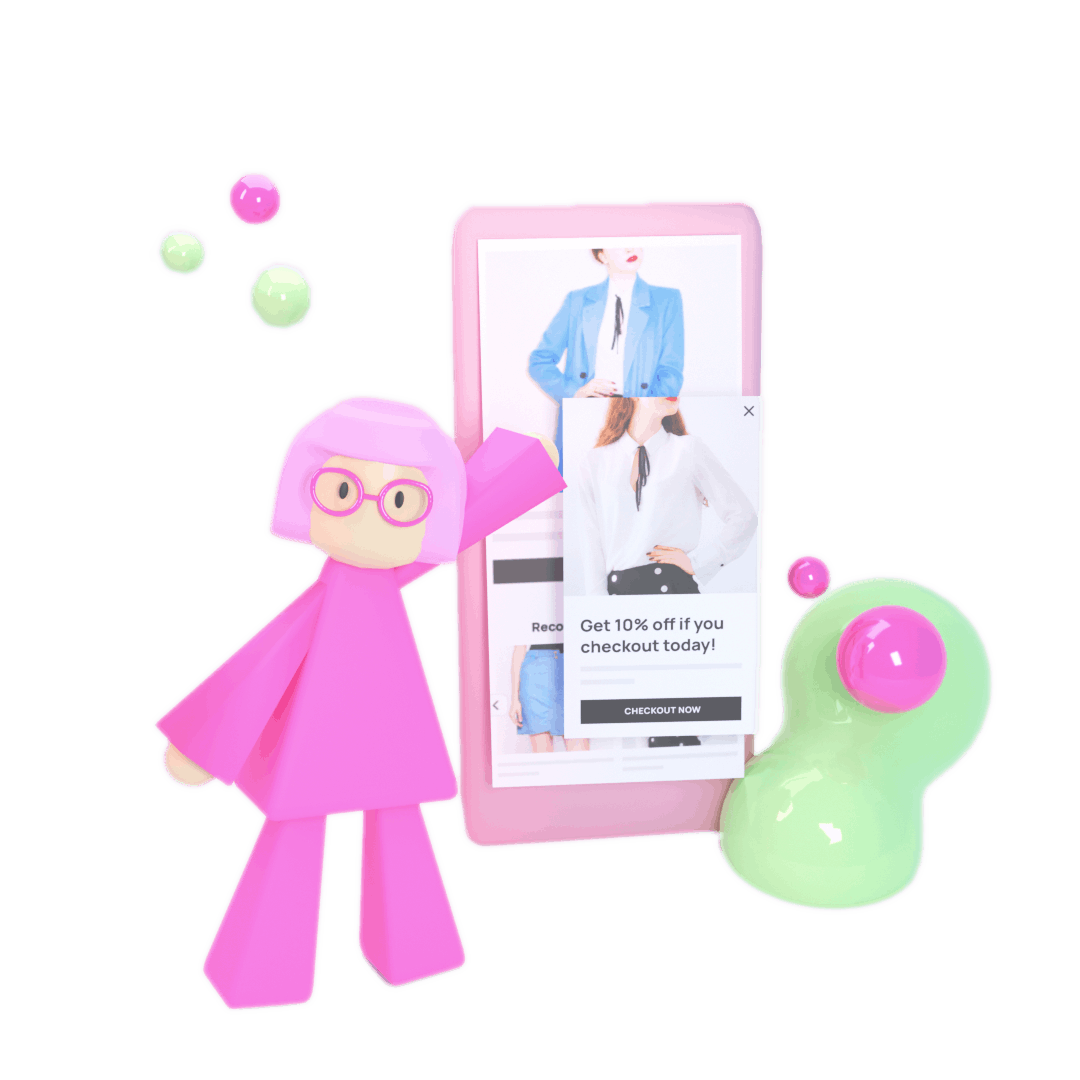
According to Bheng, “As my business grows, I would like to have my own branded website in the near future. I would like my business to be searchable. I would like to expand to other parts of the country, and who knows, I may be able to market internationally, not just in the Philippines? Knowing what customers are searching for will definitely be a big advantage.”
Final thoughts
Establishing a niche in a sea of options is the mission critical first step to making your online business profitable.
By being a specialist instead of a generalist, you can make your online business stand out.
To further gain competitive advantage, you can scale up your brand and harness the power of personalized recommenders.
is happening fast, so don’t get left behind!







